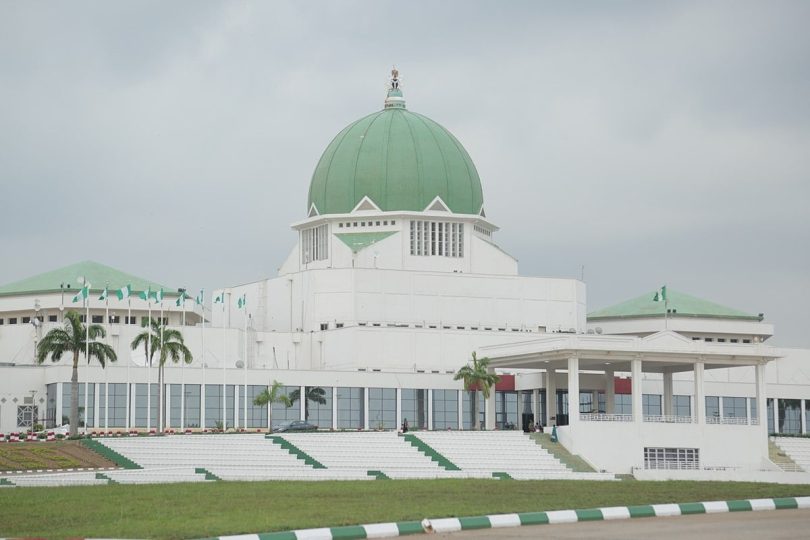More than 36,000 women in Bauchi State have petitioned the National Assembly to pass the Reserve Seats Bill, aimed at boosting women’s participation in governance. The signatures were submitted by members of the Nigerian League of Women Voters, the group’s Chairperson, Hajiya Zainab Mohammed, told the News Agency of Nigeria on Monday.
Mohammed said the organization conducted awareness campaigns to sensitize communities on the importance of women’s inclusion at all levels of government. She added that men and youths also supported the demand for reserved legislative seats.
“We conducted a town hall meeting to raise awareness on women’s participation in politics, and the clarion call made an impact,” Mohammed said. The group also attended public hearings organized by the National Assembly and submitted the collected signatures in support of the bill.
Mohammed encouraged women to contest political positions despite intimidation and financial challenges, noting that religion and tradition often act as additional barriers. “Women constitute the larger population of voters in the state and have been instrumental in developing Nigeria’s nascent democracy,” she said.
She emphasized that women in political office can empower others, support families, and contribute innovative ideas to community development.
Women activists in Jigawa and Gombe States have similarly called for increased female political participation to advance social and economic development. Balaraba Abdullahi, Chairperson of the Jigawa Women Consultative Forum, advocated for exclusive reservation of elective posts for women to end gender and political marginalization.
Abdullahi highlighted that financial and moral support would enable more women to take political responsibilities, but expressed concern over persistent barriers limiting their competitiveness with men. She also noted internal challenges such as envy and lack of unity among women, which hinder election success.
Political analyst Mustapha Yunusa of Gombe said the bill could address women’s underrepresentation in governance. He criticized the rejection of gender bills in 2022, which proposed 35 percent affirmative action and reserved legislative seats for women.
Citing historical figures such as Margaret Ekpo, Gambo Sawaba, and Funmilayo Ransome-Kuti, Yunusa said women have long played crucial roles in shaping Nigeria’s political landscape. He urged lawmakers to revisit the bills and adopt reforms to guarantee women adequate representation in legislative houses.
He concluded: “Reserved seats are no longer a luxury; they are a necessity for true gender equality and effective governance.”

